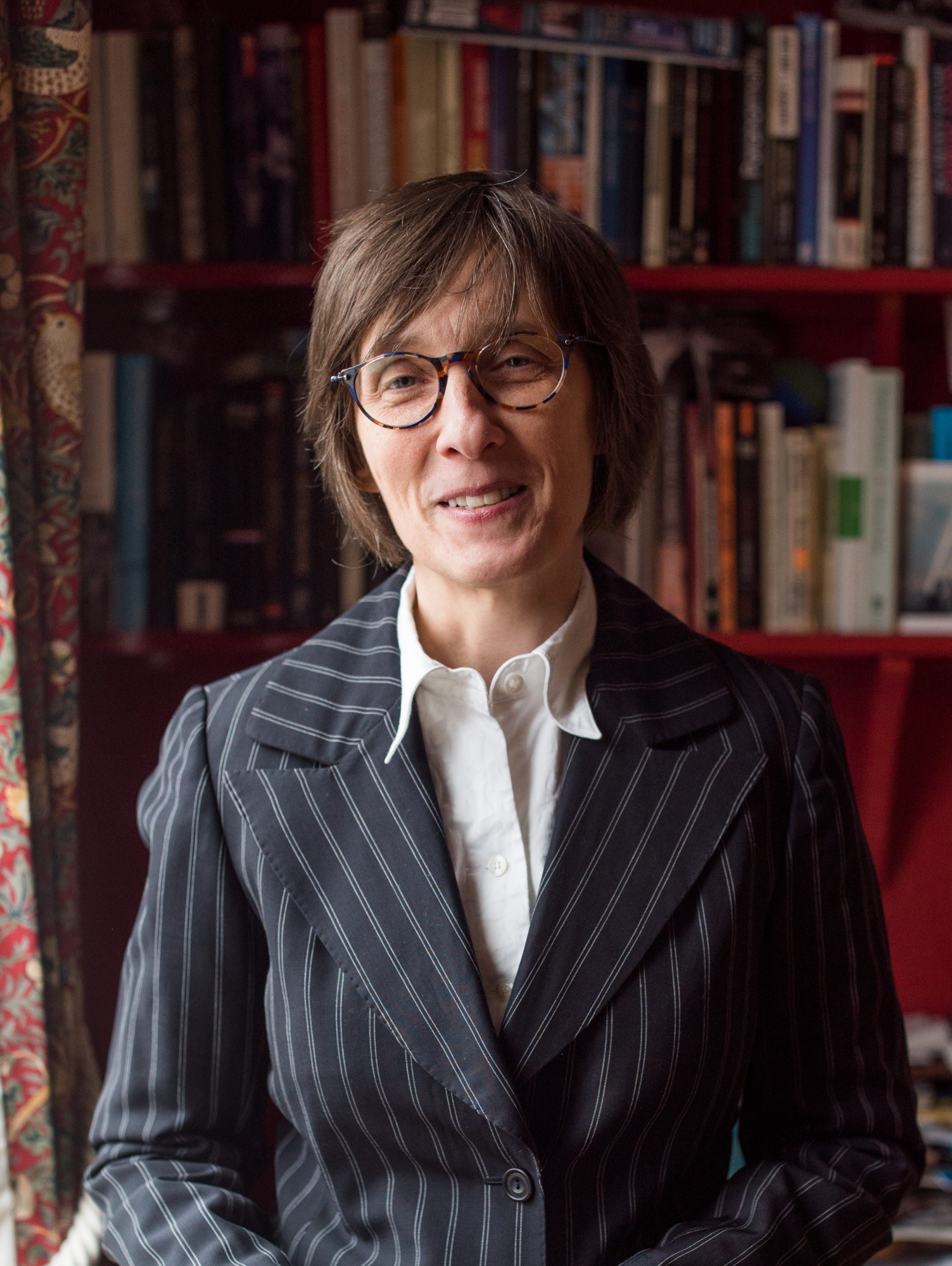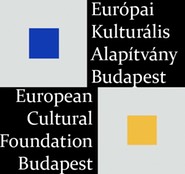Budapest & Beyond
Defending Intellectual Freedom
It was no coincidence that the first Debates on Europe event took place in Budapest in 2012. Back then, Hungary had only been a member of the European Union for eight years but already started to steer away from its core values and principles. Today, almost a decade on, Hungarian “illiberal democracy” has developed into one of the biggest challenges facing the European integration project. As Debates on Europe revisit Budapest in an online series of talks, leading writers, experts and public intellectuals discuss current threats to academic and artistic freedom and how history has become an instrument for authoritarian political projects. What role does Hungary play for the future of Europe? And what is the EU’s role in Hungary?
Talks
Programm
-
May 4th
-
For years, Hungary has been at the vanguard of a growing group of EU countries, challenging some of the values and legal principles at the core of liberal democracy. At the same time, voices inside the country call for Brussels to help stop autocratic tendencies and backsliding on the rule of law. Hungary is in many ways a test case for the European integration project and it is still far from obvious what the result of that test will be.
Timothy Garton Ash (professor of European Studies at Oxford University)
Moderators: Gian-Paolo Accardo (editor-in-chief, Voxeurop) and
Réka Kinga Papp (editor-in-chief, Eurozine)
-
-
May 5th
-
Attacks on academic freedom in Hungary are legion. The Central European University has been forced to move from Budapest to Vienna and the independence of the Hungarian Academy of Sciences has been undermined by a controversial new law increasing state control.
What does “freedom” at all mean in a country with such a short history of democracy as Hungary? And in what way is the situation in the UK after Brexit different? What happened to the beacon of liberal democracy and the institutions of higher education?Rüdiger Görner (professor of German with Comparative Literature at Queen Mary University of London)
in conversation with
Győző Ferencz (executive president, Széchenyi Academy of Letters and Arts, Budapest) -
Recently, the decision to transfer ownership of the state-run University for Theatre and Film Arts in Budapest to a private, Fidesz-allied foundation spurred loud protests. Are there strategies to defend the academic and educational system against such attacks? Simultaneously, long-time trends undermining academic freedom continue to affect institutions not only in Hungary but across Europe: the primacy of “useable knowledge” over “critical thinking” or the decline of the humanities. What alliances can be formed – locally, nationally, internationally?
Barbara Stollberg-Rilinger (rector, Wissenschaftskolleg zu Berlin)
in conversation with
Anna Gács (Department of Sociology and Communication, BME University in Budapest, member of the Hungarian Network of Academics, OHA)
-
-
May 6th
-
Across Europe, politicians are increasingly using history as an instrument to realise current ideological projects. In Hungary and Poland, national-illiberal governments keep a firm grip of the narrative and put limits to which histories can be told. In Germany, the function of history is different and the confrontation with the darkest moments of the past has become a way to take responsibility and determines both domestic and European politics. What is the role of history in identity- and nation-building? How can museums and other institutions of commemoration avoid being instrumentalized and at the same time be relevant in contemporary societies?
Joachim von Puttkamer (director of the Imre Kertész Kolleg Jena)
in conversation with
Paweł Machcewicz (founding director of Muzeum II Wojny Światowej in Gdańsk)
-
-
May 7th
-
Hungarian culture is in the middle of a major upheaval. A new law on cultural policy emphasises the aim to preserve national culture and strengthen national identity. Via a Culture Council the state gets influence over both the organization and content of cultural institutions. How does this affect writers, artists, and other cultural workers? In the UK, populist nationalism has divided society over Brexit and nostalgia for an imagined past is charting the country’s course for the future. How free is literature in a politicised society – in Hungary and in other parts of Europe?
Speakers: A. L. Kennedy (writer, Scotland) and Zsófia Bán (writer, Hungary)
Moderator: Rosie Goldsmith (director of the European Literature Network, UK)
-
Participants
-
Gian-Paolo Accardo
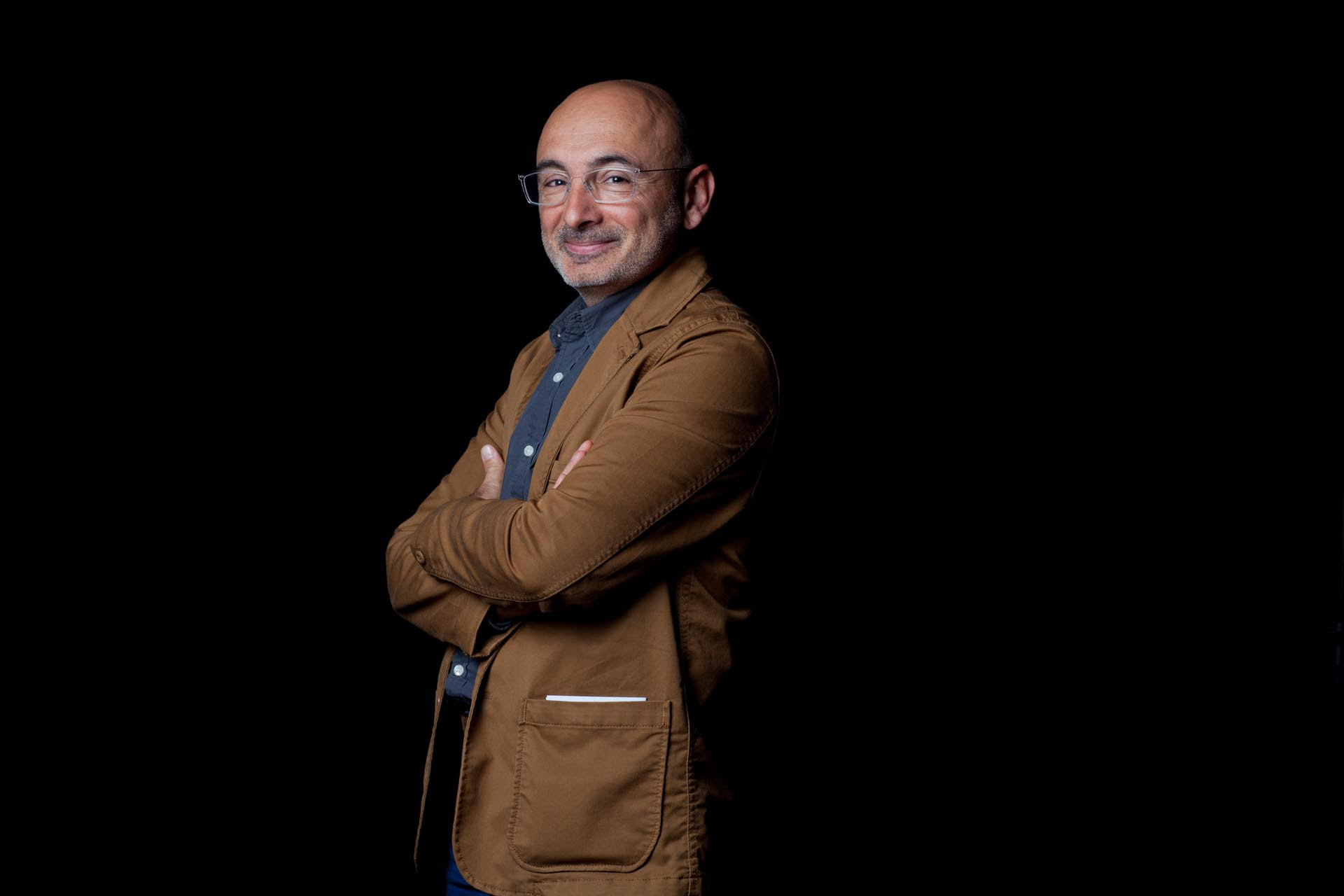
Gian-Paolo Accardo is an Italian-Dutch journalist born in Brussels in 1969. He is the editor-in-chief of Voxeurop, the co-founder and CEO of Voxeurop European Cooperative Society and the editorial coordinator of the European Data Journalism Network.
-
Zsófia Bán
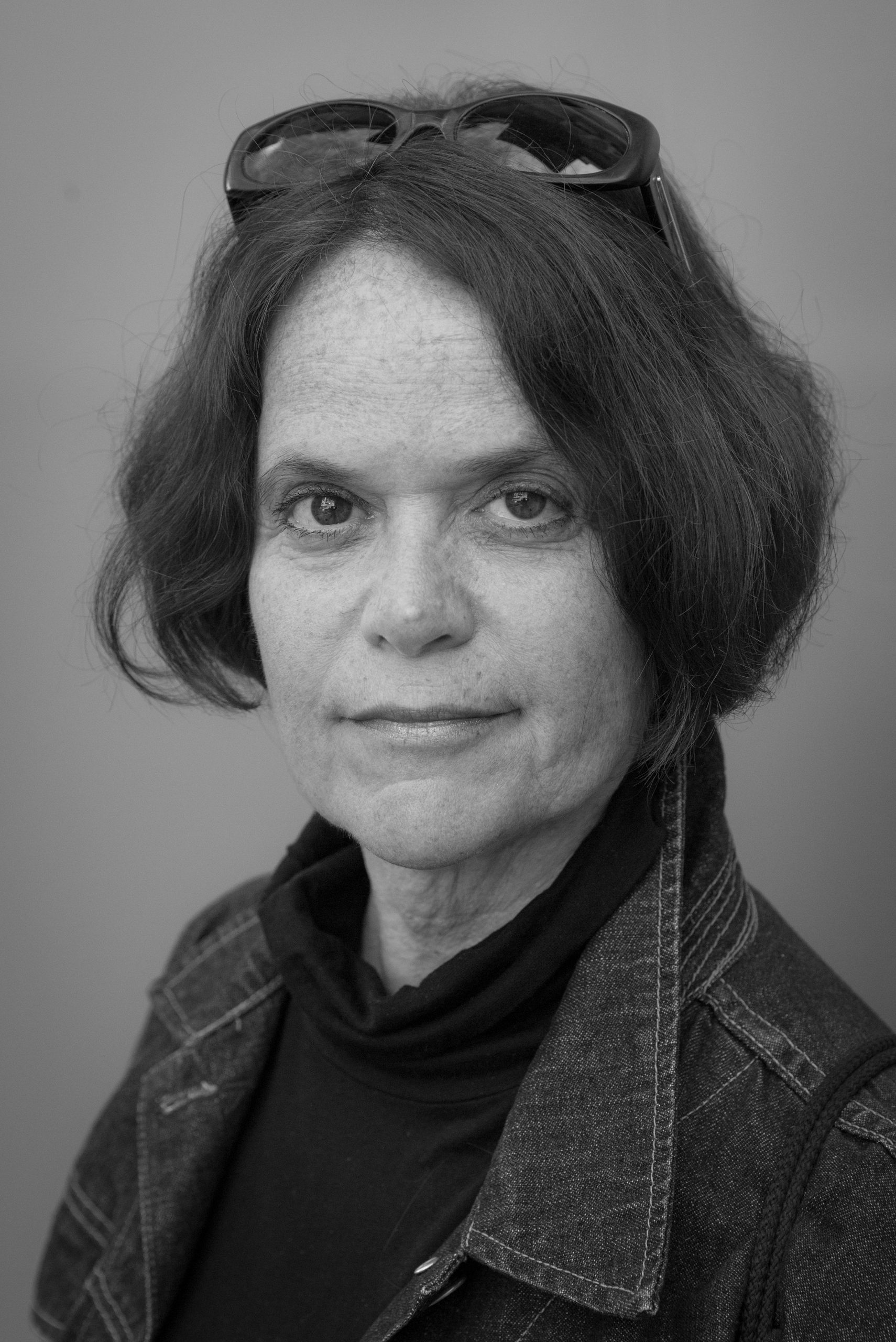
Zsófia Bán is a Hungarian writer, essayist and critic, as well as a public intellectual. Her most recent volume of short stories, Weiter atmen (Suhrkamp 2020), was number 1 on the ORF Bestenliste in July 2020. She is associate professor at Eötvös Loránd University (ELTE), Department of American Studies.
-
Győző Ferencz
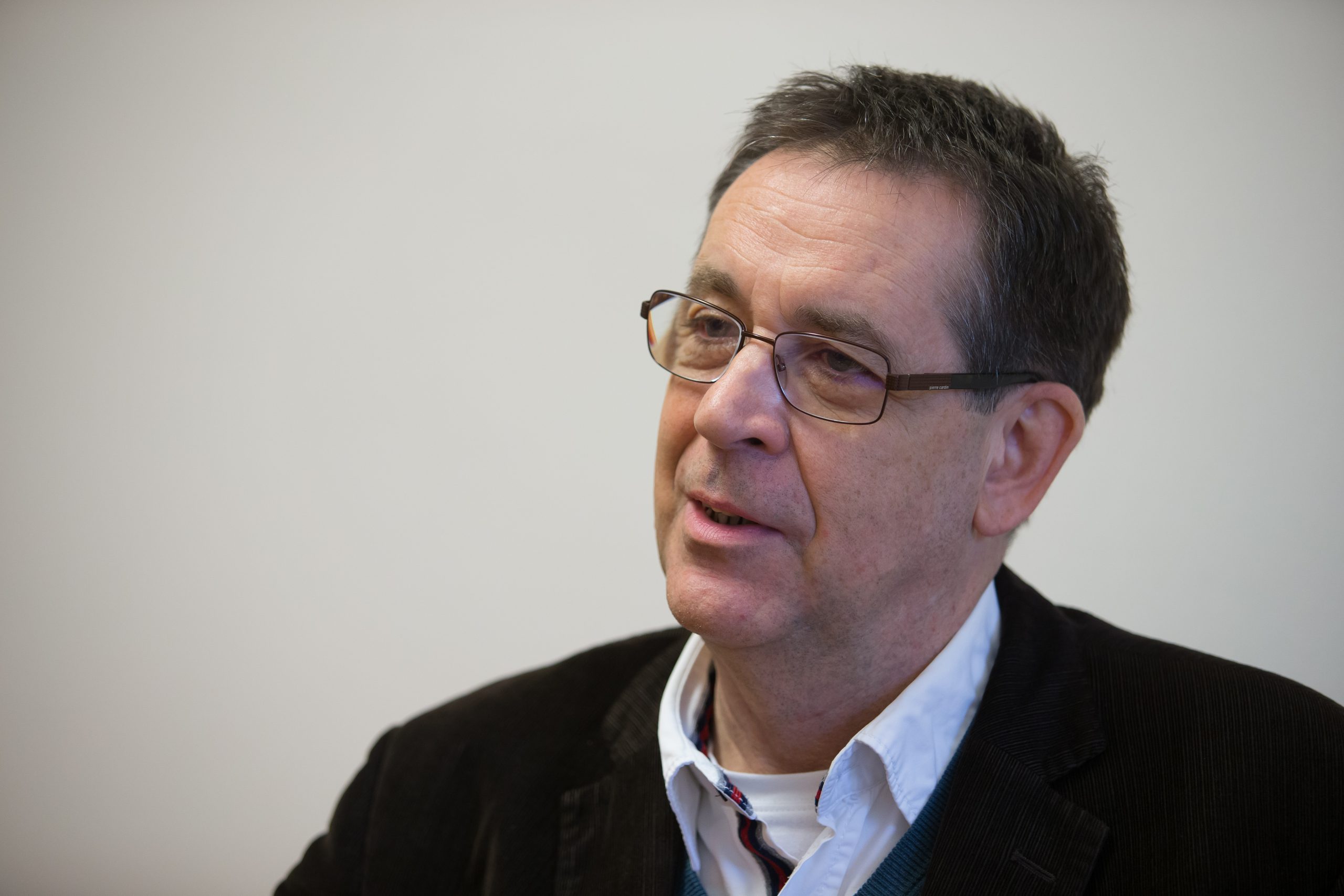
Győző Ferencz is a Hungarian poet and literary critic and professor emeritus at Eötvös Loránd University (ELTE) where he taught English and Irish literature. He is executive president of the Széchenyi Academy of Letters and Arts and member of the Academia Europaea.
-
Anna Gács
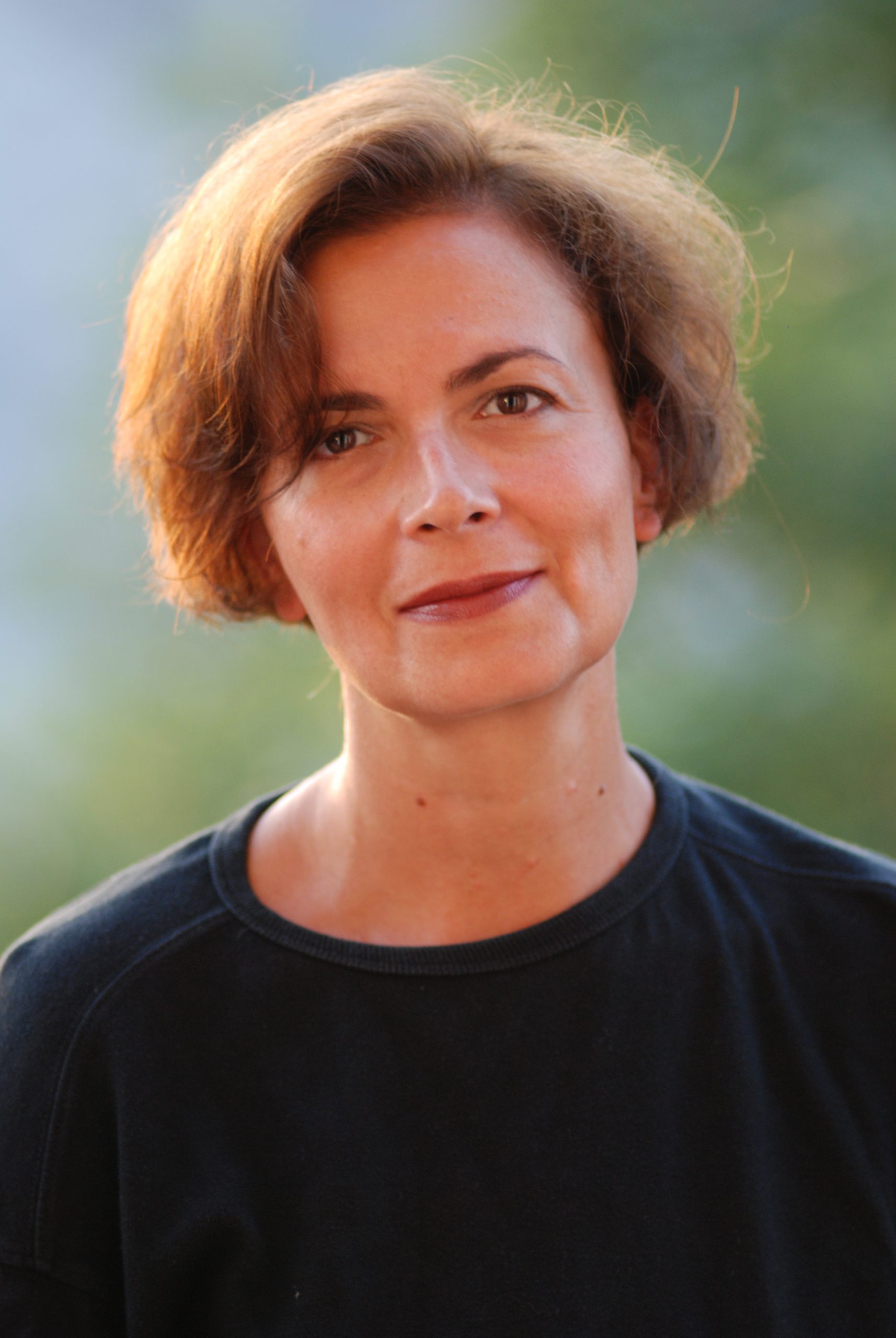
Anna Gács is a critic and translator. She has taught at universities in Budapest and London. From 2015 to 2018 she was the chair of Szépírók Társasága, the Hungarian Society of Writers, Critics and Literary Translators. She is also founding member of Oktatói Hálózat, the Hungarian Network of Academics.
-
Timothy Garton Ash
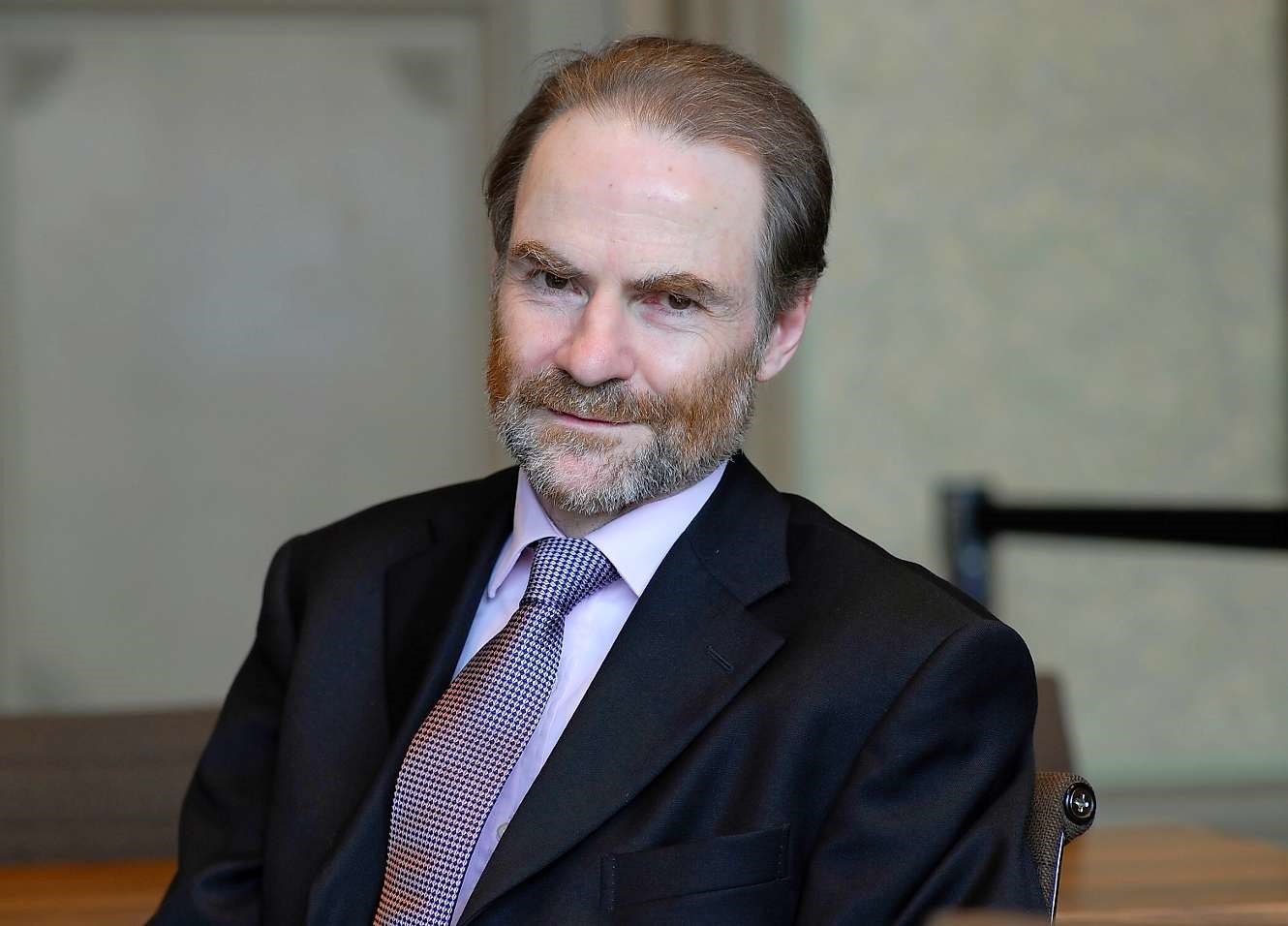
Timothy Garton Ash is Professor of European Studies at the University of Oxford, Isaiah Berlin Professorial Fellow at St Antony’s College, Oxford, and a Senior Fellow at the Hoover Institution, Stanford University. His latest book is The Magic Lantern: The Revolution of ’89 Witnessed in Warsaw, Budapest, Berlin and Prague (Atlantic Books 2019).
-
Rosie Goldsmith
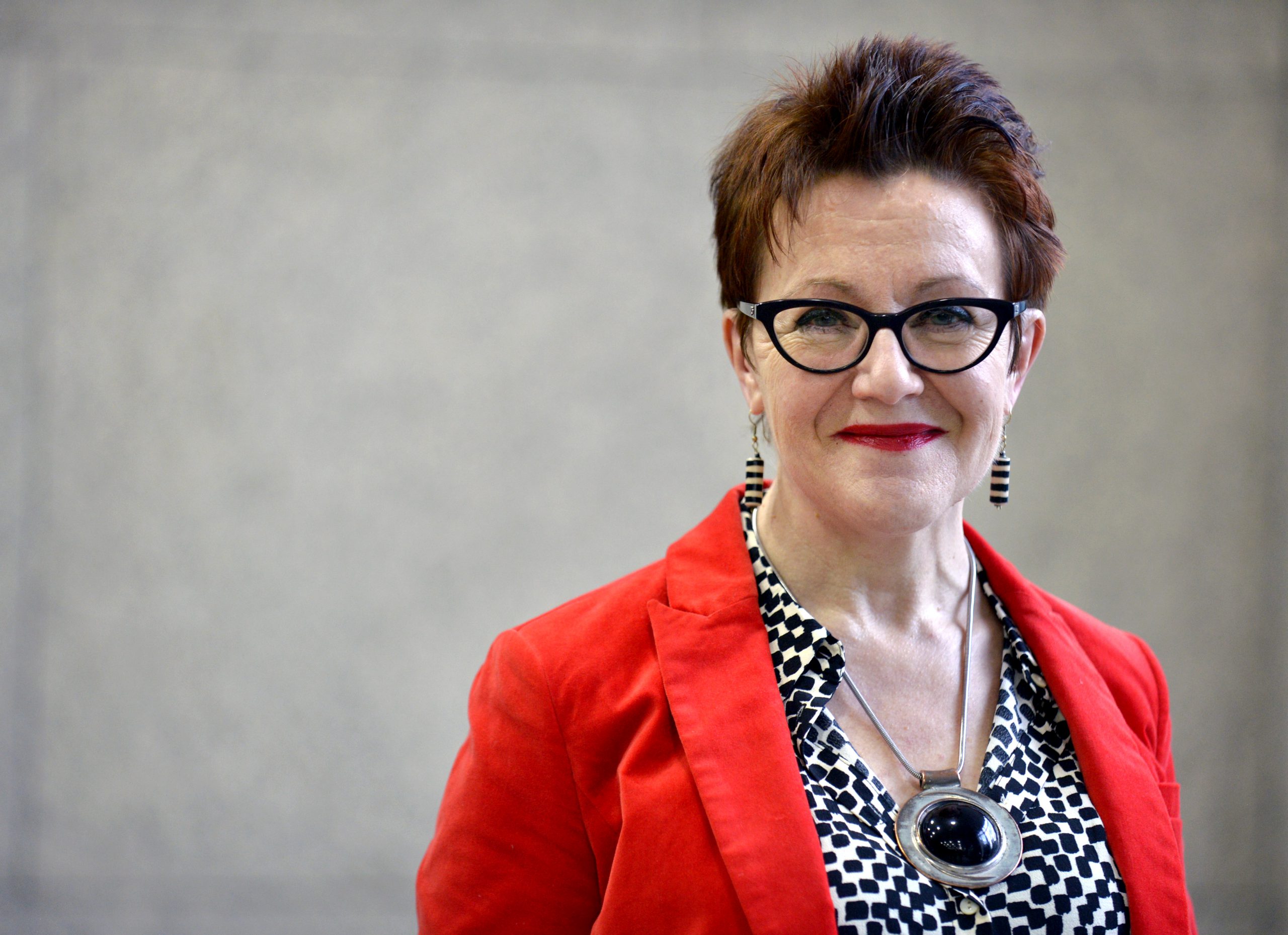
Rosie Goldsmith is an award-winning journalist specialising in arts and foreign affairs. Today she combines journalism with chairing and curating literary events and festivals. She is founder and director of the European Literature Network and created The Riveter magazine.
-
Rüdiger Görner

Rüdiger Görner is professor of German with Comparative Literature and founding director of the Centre for Anglo-German Cultural Relations at Queen Mary University of London. He is the recipient of the Reimar Lüst Award for International Scholarly and Cultural Exchange, the Order of Merit of the Federal Republic of Germany and Fellow of the German Academy for Language and Literature.
-
Réka Kinga Papp
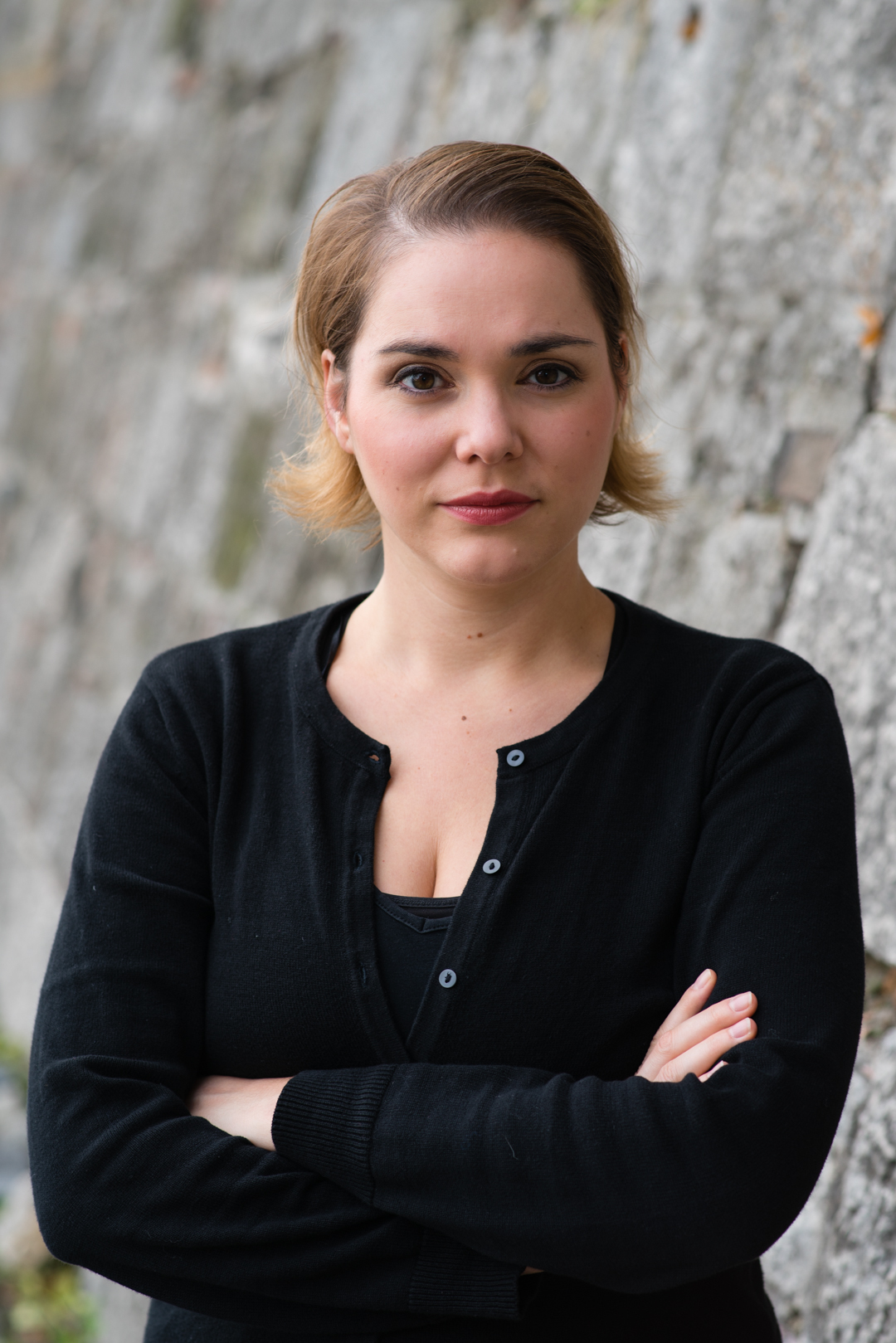
Réka Kinga Papp is editor-in-chief at Eurozine since November 2018. Papp is a journalist specialising in environmental, social and human rights issues and the author of a book on sex work and prostitution in Hungary, Aki kurvának áll: szexmunka sztorik (Kossuth 2017).
-
Paweł Machcewicz
© Anna Machcewicz

Paweł Machcewicz is a historian, former professor at the Polish Academy of Sciences (2008 – 2017), and founding director of the Museum of the Second World War in Gdańsk. He is the author of many books, most recently: “The War that Never Ends. The Museum of the Second World War in Gdańsk” (2019).
-
Barbara Stollberg-Rilinger
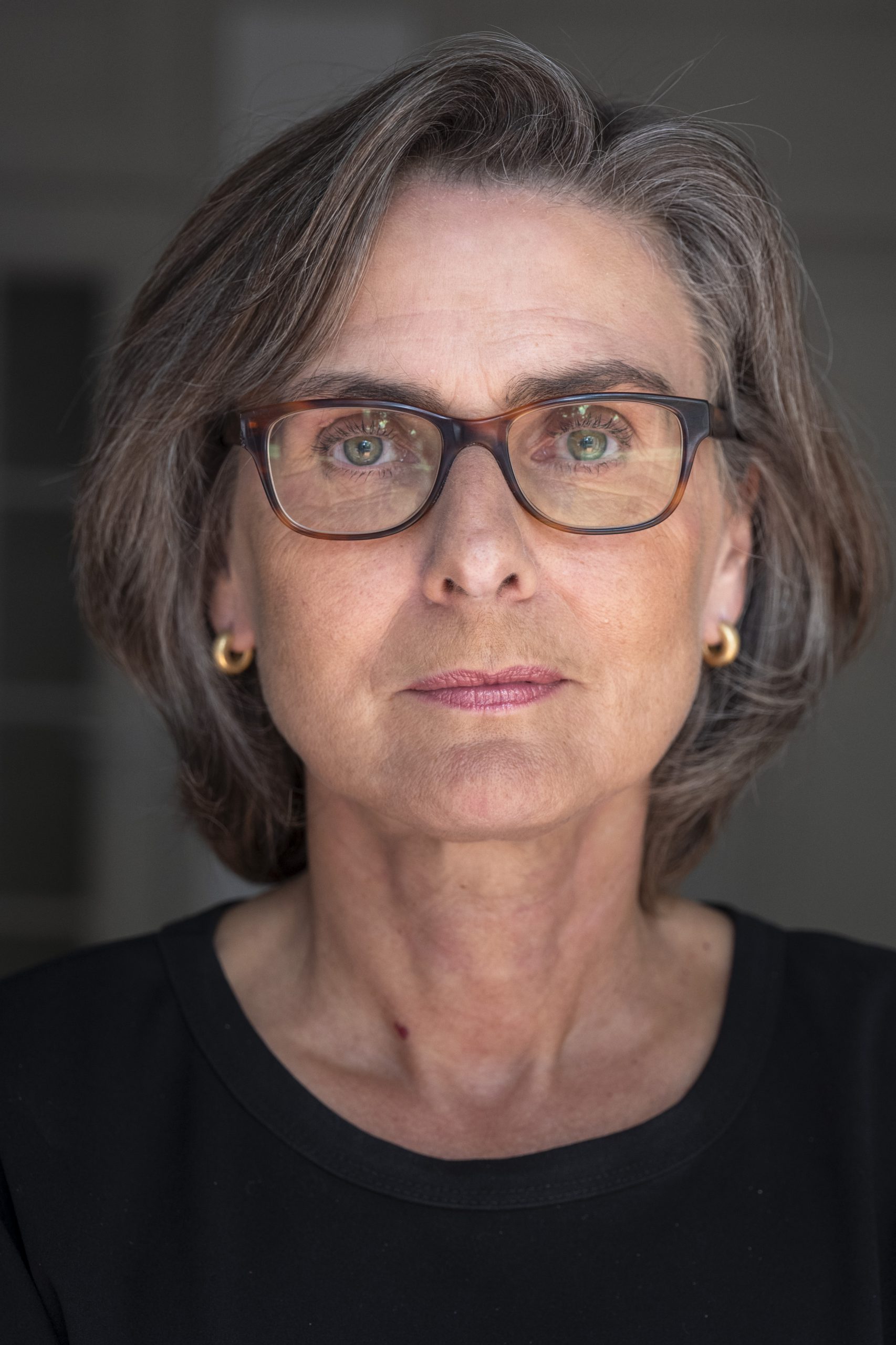
Barbara Stollberg-Rilinger studied History, German Literature and Art History at the University of Cologne where she earned her PhD in 1985. Since 1997, she holds the chair of Early Modern History at the University of Münster. In 2018, she was appointed Rector of the Berlin Institute for Advanced Study. She has received numerous accolades, including Sigmund Freud Prize for Academic Prose of the German Academy for Language and Literature.
-
Joachim von Puttkamer
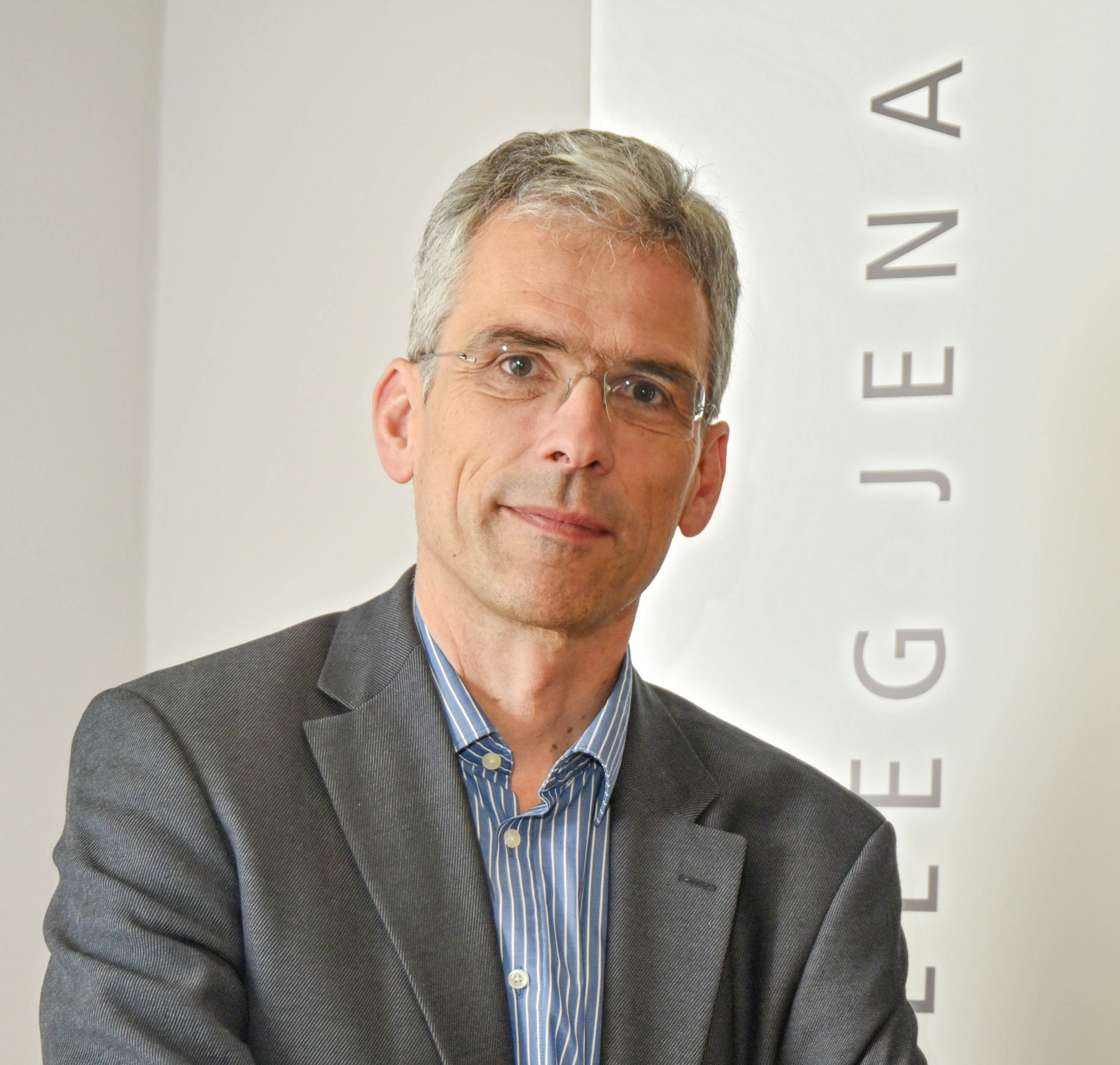
Joachim von Puttkamer is Director of the Imre Kertész Kolleg and Professor of East European History at Friedrich Schiller University in Jena. His research covers modern and contemporary Polish, Hungarian, Czech and Slovak history, with a special focus on the history of democracy and on the politics of history and museums in Central and Eastern Europe.
We use cookies to provide social media features and to analyse our traffic.
